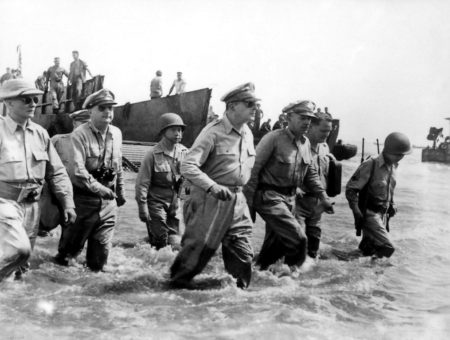It’s certainly hard to imagine all that has preceded this day; 242 years is a long time and the historical events that fill that time are innumerable. But being the history lover I am, and a North Carolina boy, my mind always returns to one particular 4th of July, one long before my time, one early in the life of this nation.
On that day the country celebrated its 87th birthday, which can be poetically noted by the phrase fourscore and seven. And most Americans would recognize that phrase’s most historic use in recalling President Lincoln’s iconic Gettysburg Address which began with the line “Fourscore and seven years ago…”. In what is most likely one of the most important and historic speeches in American history, that lasted just a little over two minutes, following a two hour spiel by the great American orator Edward Everett, Lincoln dedicated the final resting place of those who died in that three day crucible of our nation’s future.

It was on that July 4th, the day after the battle ended, that the Confederate Army began its retreat from the battle that technically ended the South’s attempt to split the nation in two, though the war would last almost another two years. But it was on the third day of the battle, July 3, that a bunch of North Carolina boys wrote a page of history that is oft neglected by those who wrote the history of that battle. On that day occurred the momentous event of history known as Pickett’s Charge, which led to what came to be known as the high tide of the Confederacy. The charge, which could be called the American version of the Charge of the Light Brigade, consisted of a mile long line of soldiers advancing over a mile wide field against the Union defensive line on the aptly named Cemetery Ridge. The assault was a total failure with two momentary glimmers of success, though only one is usually noted in the history.
That success was the breaking of the Union line which occurred at an area known as the Angle. The main target of the attack was a copse of trees located inside the Angle, an area within a stone fence that zigzags south, then west, the south again near the trees. Virginia troops led by Brig. General Lewis Armistead crossed the stone fence near the copse of trees, though Armistead was mortally wounded. However, the North Carolina 26th Infantry Regiment under the command of Brig. General James Johnston Pettigrew advanced farther than the Virginia troops led by General Armistead, breaching the stone wall at the Angle.
Over the years, a dispute has raged between partisans of North Carolina and Virginia over whose charge went farthest on July 3rd. Most likely, that will never be resolved. But without question – no regiment on either side at Gettysburg suffered more casualties than the 26th North Carolina. Truth be known, that historic historical event could have, and possibly should have, been known as Pettigrew’s Charge rather than Pickett’s Charge seeing that the 26th NC boys most likely were the bearers of the mantle the high tide of the Confederacy. But seeing that Pickett was a Major General as opposed to the Brigadier rank held by Pettigrew, Pickett has went down in history as the leader. On the other hand, seeing that it was a failure, why would anyone care to own it?
Ironically, though I am a North Carolina boy with a great fascination of this piece of history, I am conflicted in my loyalties. I do admire the heroism of the 26th NC Infantry Regiment but many of my blood ancestors actually fought with the Union Army in this war of brother against brother, including two of my great-great-great grandfathers, one being Neely Tweed, whose story is totally fascinating.
And I’ve always had an interest in this part of our national history and have visited several Civil War battlefields over the years: Fredericksburg; Antietam; Gettysburg; and Atlanta. And it was especially touching to see the monument placed at the Angle at Gettysburg signifying the farthest advance of the 26th regiment, a placement that to this day still creates controversy.
Be what it may, though, our nation survived this family dispute, and we’ve continued onward E pluribus Unum, translated from the Latin to mean “out of many, one”.
So Happy Birthday, America!





The Civil War is such an interesting part of our nation’s history. I’ve visited a few battlefields too and it’s amazing to see!
This is such a nice post very informative and I am glad that you were able to give a brief story of the past. And in this article you really showed us how you love history very much. Happy 4th of July to you too!
Thanks for the kind comment, Rose Ann. Glad you enjoyed my efforts…(“,)